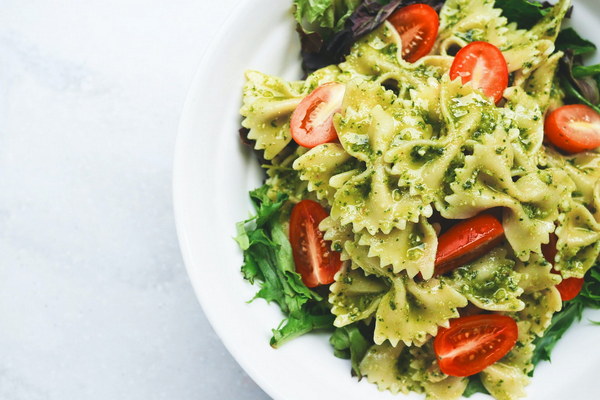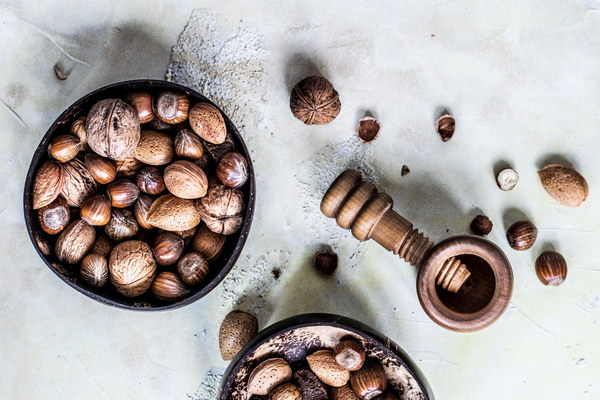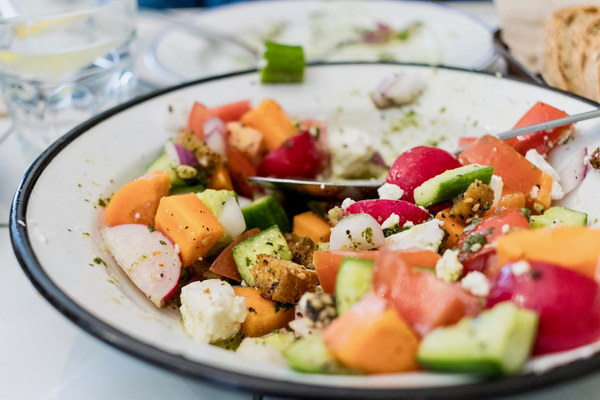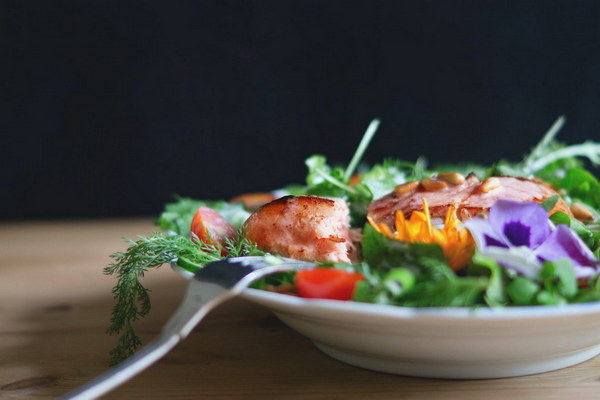Nourish Your Spine A Nutritional Guide for Lumbar Herniated Disc Relief
Lumbar herniated disc, also known as a slipped disc, is a common spinal condition that can cause severe pain and discomfort. While medical treatments are crucial in managing the symptoms, adopting a healthy diet can significantly contribute to your recovery and overall well-being. This article provides a nutritional guide to alleviate the pain associated with lumbar herniated disc and promote healing.
1. High-Protein Foods
Protein is essential for repairing and rebuilding tissues, including the intervertebral discs in your spine. Incorporate the following high-protein foods into your diet:
- Lean meats: Chicken, turkey, and lean beef are excellent sources of protein.
- Fish: Salmon, mackerel, and sardines are rich in omega-3 fatty acids, which can reduce inflammation.
- Eggs: Eggs are a great source of protein and contain choline, which is essential for spinal health.
- Dairy: Milk, cheese, and yogurt are good sources of protein and calcium, which helps maintain bone strength.
- Legumes: Beans, lentils, and chickpeas are plant-based protein options that also provide fiber.
2. Anti-Inflammatory Foods
Inflammation is a major contributor to the pain and discomfort associated with lumbar herniated disc. Include the following anti-inflammatory foods in your diet:
- Fatty fish: Omega-3 fatty acids found in fatty fish like salmon, mackerel, and sardines can reduce inflammation.
- Fruits and vegetables: Berries, cherries, and dark leafy greens like spinach and kale contain antioxidants that help combat inflammation.
- Nuts and seeds: Almonds, walnuts, chia seeds, and flaxseeds are rich in omega-3 fatty acids and antioxidants.
- Olive oil: Use extra virgin olive oil for cooking, as it contains monounsaturated fats that can reduce inflammation.

- Green tea: Green tea contains antioxidants and compounds that can help reduce inflammation.
3. Low-Fat Foods
High-fat diets can exacerbate inflammation and pain. Opt for low-fat or fat-free versions of the following foods:
- Milk and dairy products
- Meat and poultry
- Baked goods
- Snack foods
4. Hydration
Proper hydration is essential for maintaining healthy spinal discs. Drink plenty of water throughout the day to keep your discs hydrated and flexible. Aim for at least 8-10 glasses of water per day.
5. Vitamin D and Calcium
Vitamin D and calcium play a crucial role in maintaining bone strength and promoting spinal health. Include the following foods rich in these nutrients:
- Fortified milk and dairy products
- Fortified orange juice
- Egg yolks
- Salmon
- Tofu
- Broccoli
6. Foods to Avoid
Certain foods can exacerbate inflammation and pain associated with lumbar herniated disc. Avoid or limit the following:
- Processed foods: These foods are high in unhealthy fats, sodium, and sugar, which can promote inflammation.
- Refined carbohydrates: Foods like white bread, pasta, and sugary snacks can cause blood sugar spikes and exacerbate inflammation.
- Red meat: High in saturated fats, red meat can increase inflammation and contribute to weight gain.
- Alcohol: Alcohol can dehydrate your body and increase inflammation.
By incorporating these dietary recommendations into your daily routine, you can help alleviate the pain and discomfort associated with lumbar herniated disc. Remember that a healthy diet is just one aspect of a comprehensive treatment plan, so consult with your healthcare provider for personalized advice and treatment options.









